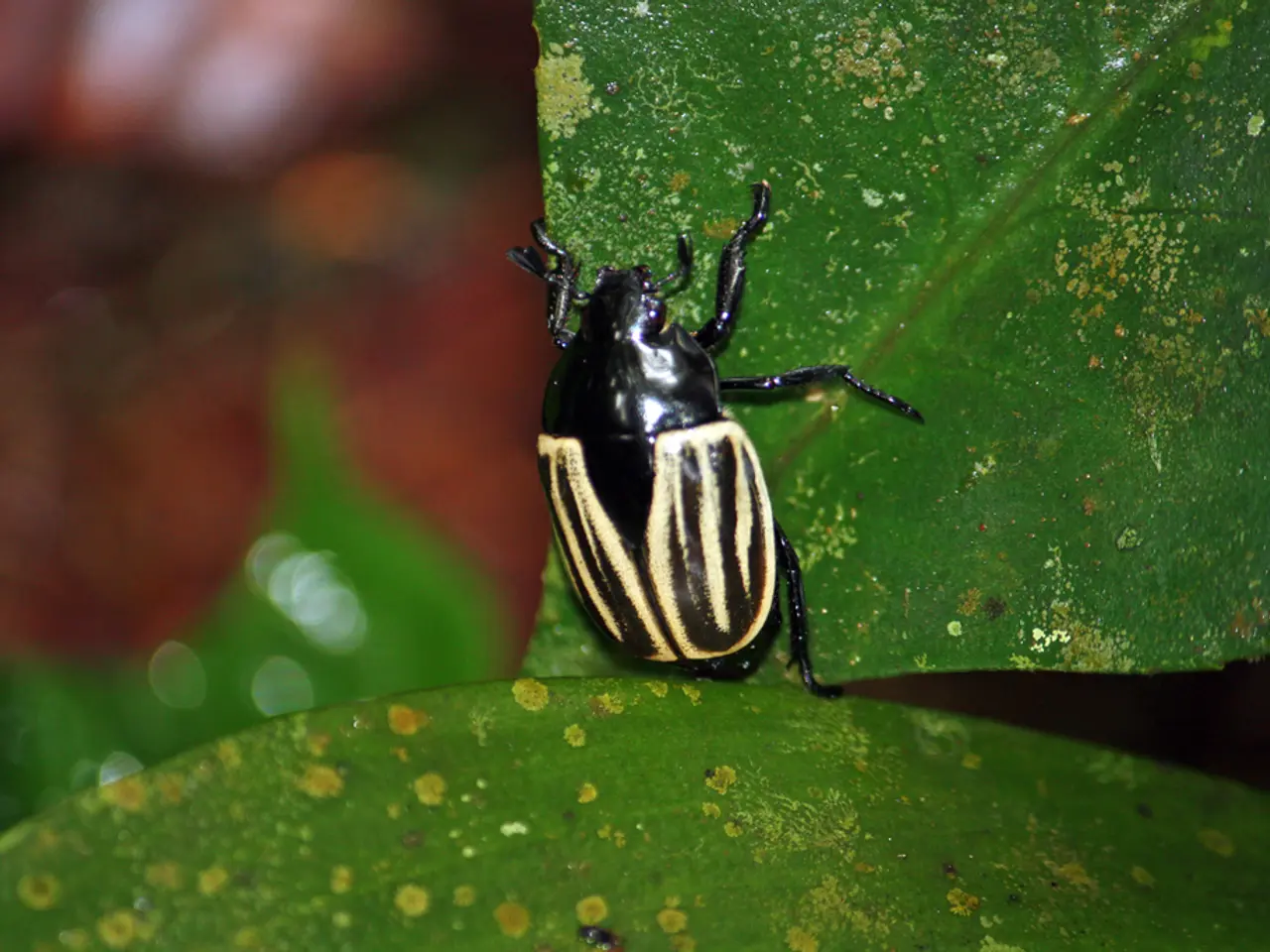Japanese B Encephalitis: An Insight into this Viral Infection from Japan
Japanese B Encephalitis (JBE) is a viral infection primarily affecting the brain, with significant long-term implications for those who survive the disease. The virus, part of the flavivirus family, is predominantly found in rural areas of Asia, particularly in countries like Japan, China, India, and parts of Southeast Asia.
The disease is transmitted through the bite of infected mosquitoes, specifically the Culex tritaeniorhynchus species. Mosquitoes become infected when they feed on the blood of infected animals, such as birds and pigs, which act as reservoir hosts.
Effective prevention strategies are crucial in combating JBE. Vaccination is the most effective way to prevent the disease, and it is recommended for individuals at higher risk, such as travelers to endemic regions, residents of areas where the virus is prevalent, and individuals working with animals or in laboratories that handle the virus.
In addition to vaccination, other preventive measures include using insect repellent containing DEET on exposed skin, wearing long sleeves and pants, and installing screens on windows and doors to keep mosquitoes out of living spaces. Eliminating standing water around homes can also help minimize the risk of mosquito breeding and thus the transmission of JBE.
While the immediate symptoms of JBE can vary widely, ranging from mild to severe, and may include fever, headache, nausea and vomiting, confusion, seizures, and coma, the long-term outlook for individuals who contract JBE can vary significantly.
Approximately 1 in 250 infections can lead to severe neurological disease, which can be life-threatening. If survivors do recover, they may experience lasting complications such as neurological issues, behavioral changes, and seizures. In some cases, survivors may require long-term multidisciplinary management and neuropsychological assessment to address physical, cognitive, and emotional challenges.
Family support is vital in helping individuals cope with the aftermath of JBE. Understanding the potential challenges and being prepared can make a significant difference in the recovery journey. Counseling and support groups can help individuals affected by long-term complications of JBE address emotional and psychological challenges.
After the acute phase of JBE, many patients may require rehabilitation to recover fully. This can include physical therapy, occupational therapy, and speech therapy. Anticonvulsants may be prescribed for patients with JBE who experience seizures, and medications such as acetaminophen or non-steroidal anti-inflammatory drugs (NSAIDs) can help alleviate fever and headache.
In conclusion, while JBE poses serious health risks, effective prevention strategies and awareness of long-term complications can help mitigate its impact. Staying informed and proactive is key to safeguarding health against this viral infection.
Scientific research is crucial in understanding the long-term effects of Japanese B Encephalitis (JBE), particularly in relation to neurological-disorders and medical-conditions. Health-and-wellness advocates recommend regular appointments with healthcare professionals for individuals who have survived JBE, as they may face lasting complications such as neurological issues, behavioral changes, and seizures.




